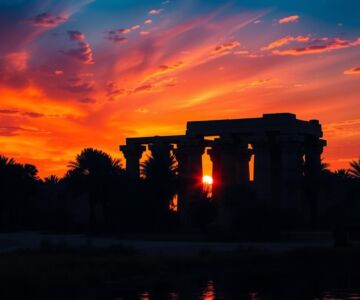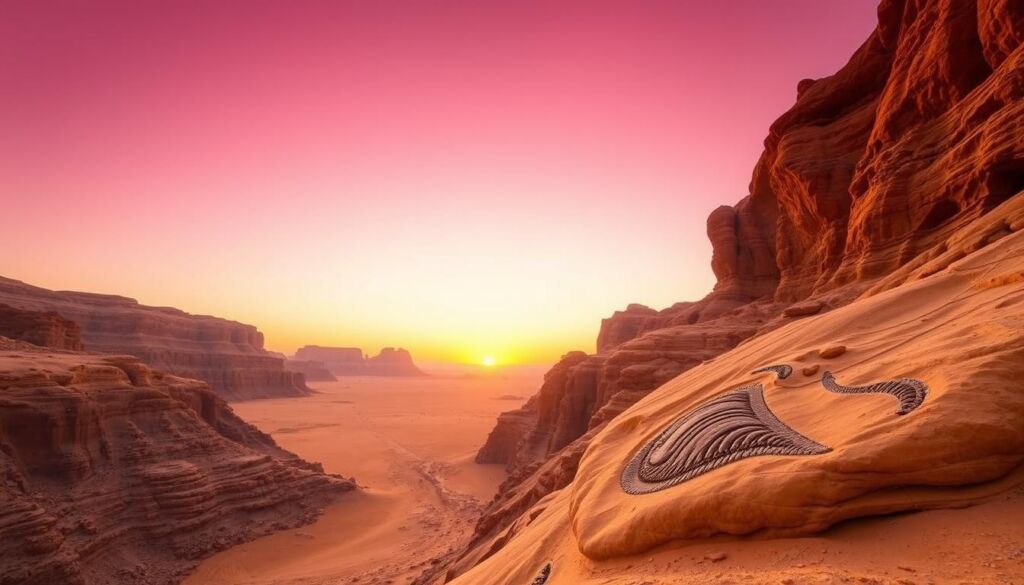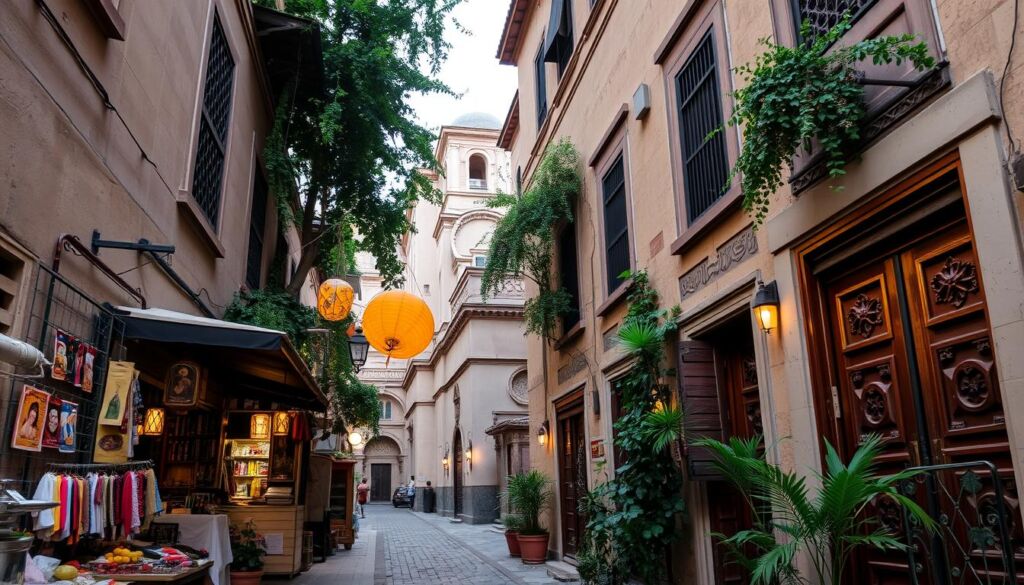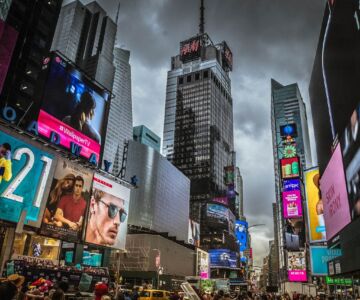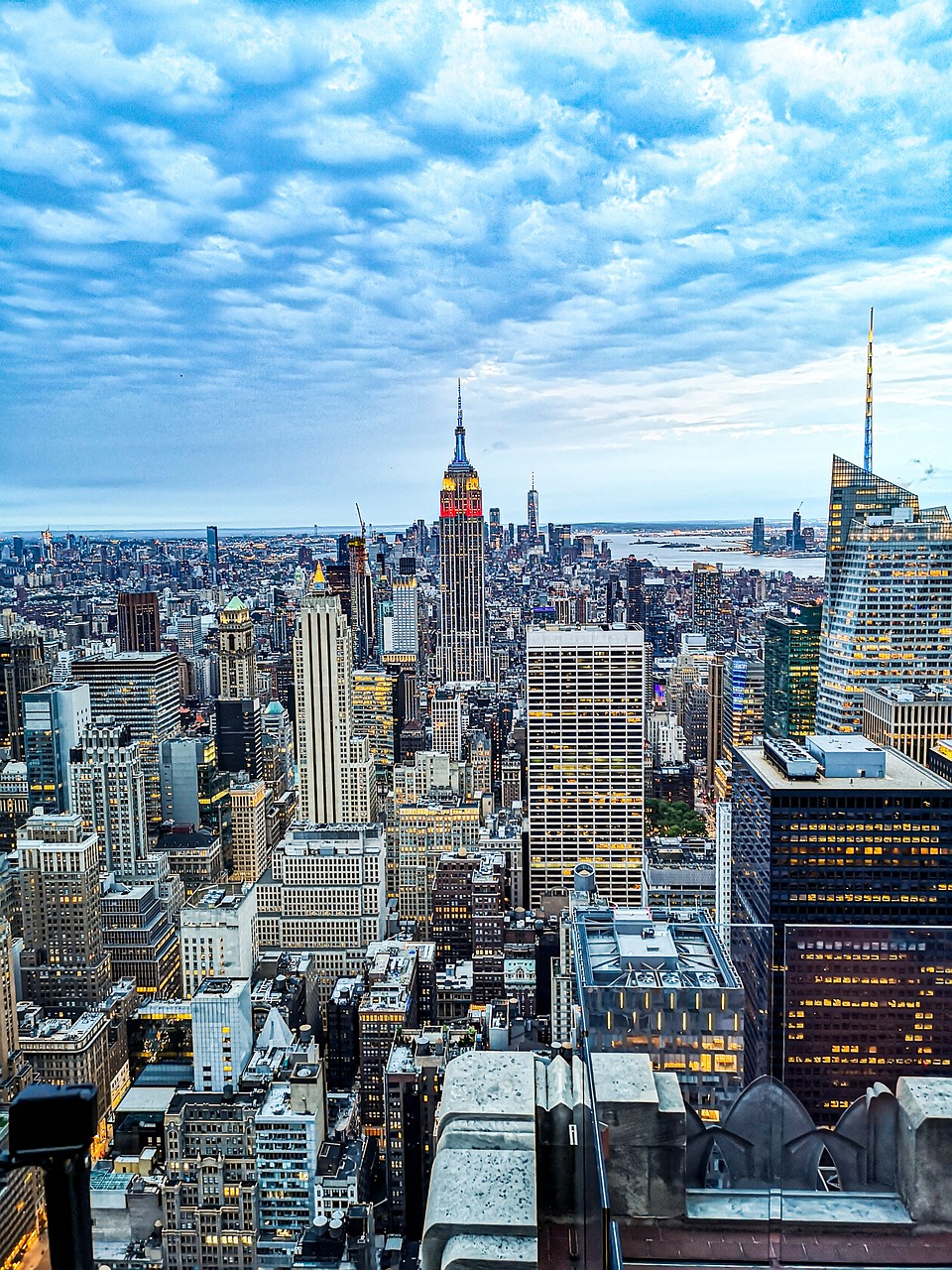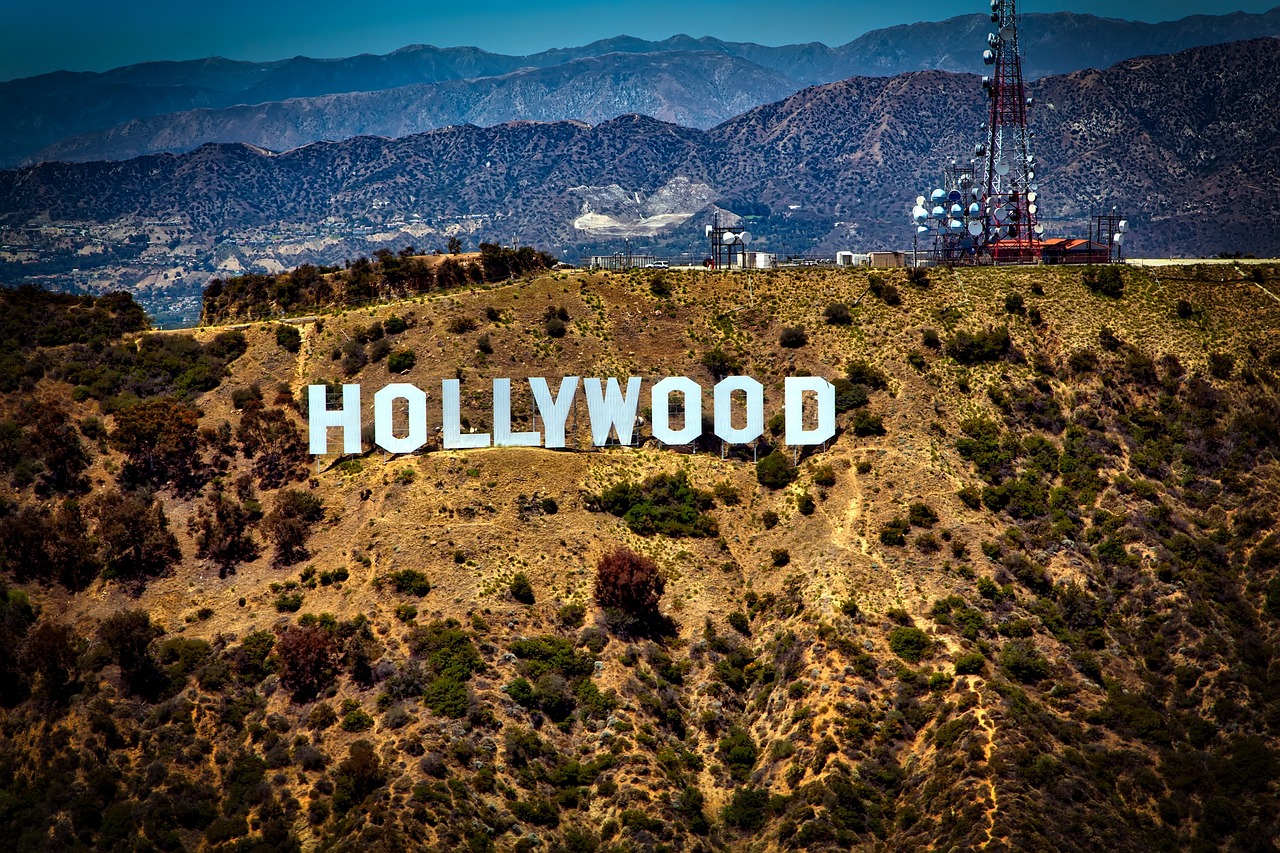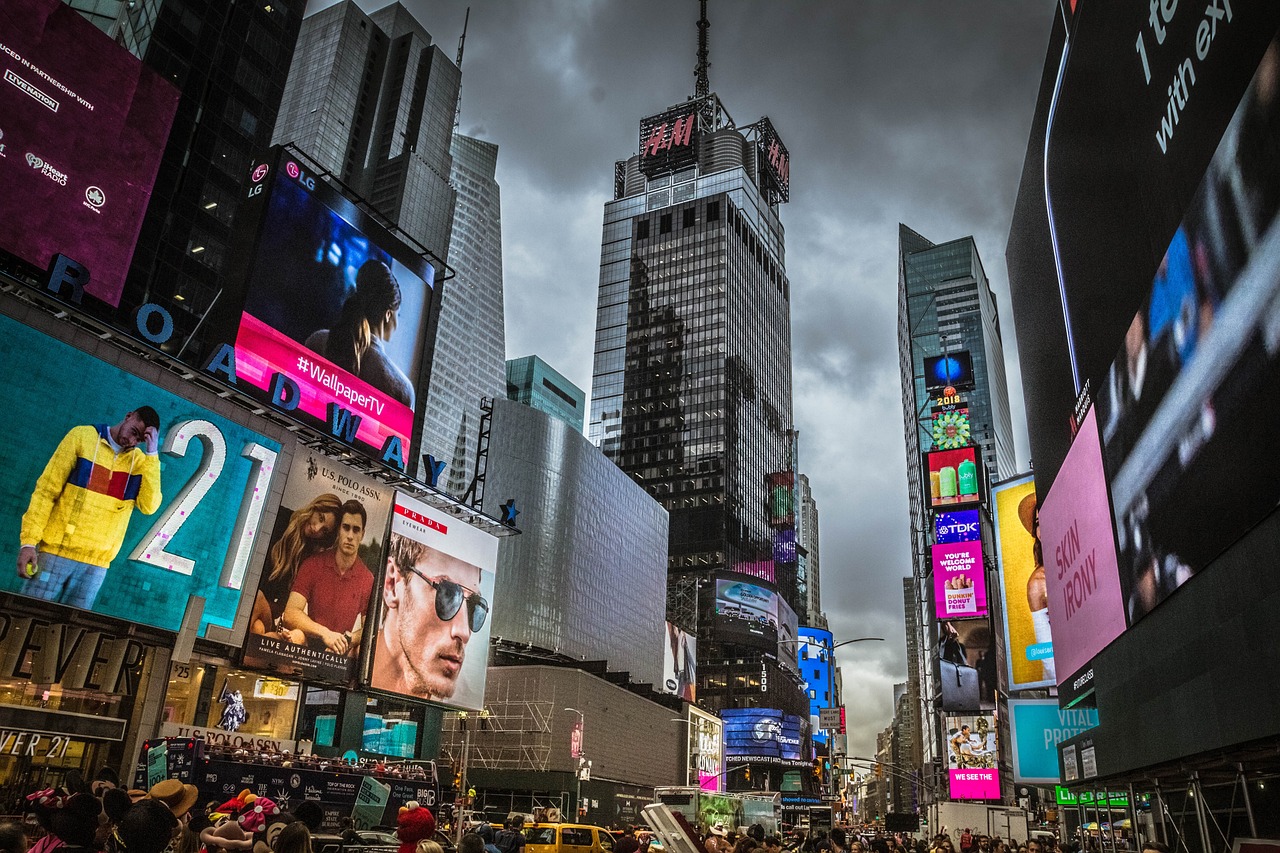International borders have fascinated us for years. They show us the lines between countries like pages in a book joining one culture to another. Each border tells a story about the area. Whether it’s the world’s shortest border in Spain or the complex divisions between Belgium and the Netherlands in Baarle-Hertog/Baarle-Nassau, these lines teach us about different lives and traditions.
Now let’s think about Australia’s unique position, surrounded only by the sea. Its borders touch countries like Indonesia and New Zealand. This is very different compared to the DMZ between North and South Korea. The DMZ is a powerful symbol of conflict and a dangerous place. These examples show how borders can be more than just lines on a map.
Key Takeaways
- Borders are rich with historical and cultural nuances.
- The DMZ is among the world’s most dangerous borders.
- Australia features entirely sea-surrounded borders.
- Baarle-Hertog/Baarle-Nassau between Belgium and the Netherlands showcases unique enclave-exclave geography.
- Penon de Velez de la Gomera in Spain holds the record for the shortest international border.
The Fascination of Morocco/Spain: Penon de Velez de la Gomera
In the western Mediterranean Sea lies Peñón de Vélez de la Gomera, a rocky outcrop with a long history. It stands out for its small size and its impact on Spain-Morocco relations.
The World’s Shortest Border
The border at Peñón de Vélez de la Gomera is the world’s shortest at 260 feet (80 meters). This boundary came into being in 1930. It was an island affected by changing sea levels. The next shortest border, between Botswana and Zambia, is about 515 feet long. The contrast shows how rare Peñón de Vélez de la Gomera is.
Security at Penon de Velez de la Gomera
This land is under military surveillance all the time. Spanish soldiers watch to keep it safe. They use helicopters to look after the area and keep peace. The situation shows the ongoing tension between Spain and Morocco over this special place.
The Connection to Hajar Badis Town
Peñón de Vélez de la Gomera is close to the Moroccan town of Hajar Badis. They are about 1,300 feet apart and connected by land. This closeness affects local life and international talks.
In 2012, people flew Moroccan flags here. It led to big talks between Spain and Morocco. Such events show the ongoing struggle for control of this key area.
A Unique European Junction: Slovakia/Austria/Hungary
At a special spot where Slovakia, Austria, and Hungary meet, you can be in three countries at once. This place is filled with history and culture. Here, you’ll feel amazed and learn how tightly Europe is bound together.
The Experience of Standing in Three Countries at Once
Here, you stand in three different lands all at the same moment. You can move from Slovakia to Austria or Hungary just by switching seats at a picnic table. This simple act shows how European cultures mix together so easily.
The Historic and Cultural Significance
In the villages of Rusovce, Jarovce, and Cunovo, now a part of Slovakia, there’s a story of changing hands. They once belonged to Hungary until World War II turned them over to Czechoslovakia. This area, about 60 square kilometers big, was made to protect Bratislava once. It shows how the past shaped the area, with lots of different people living here. The Austro-Hungarian Empire was nicknamed a “prison of nations” because of its many ethnic groups. But these groups added to the area’s rich cultural mix, making Eastern Europe what it is today.
The Controlled Military Aspect
The spot where three countries meet is peaceful but watched over by the military of Slovakia, Austria, and Hungary. This careful watch keeps the place safe for everyone. It’s a sign of how nations work together to balance freedom and safety for peace.
| Country | Number of Tripoints |
|---|---|
| China | 16 |
| Russia | 11-14 |
| Austria | 9 |
The Highest Peaks: Nepal/China Border
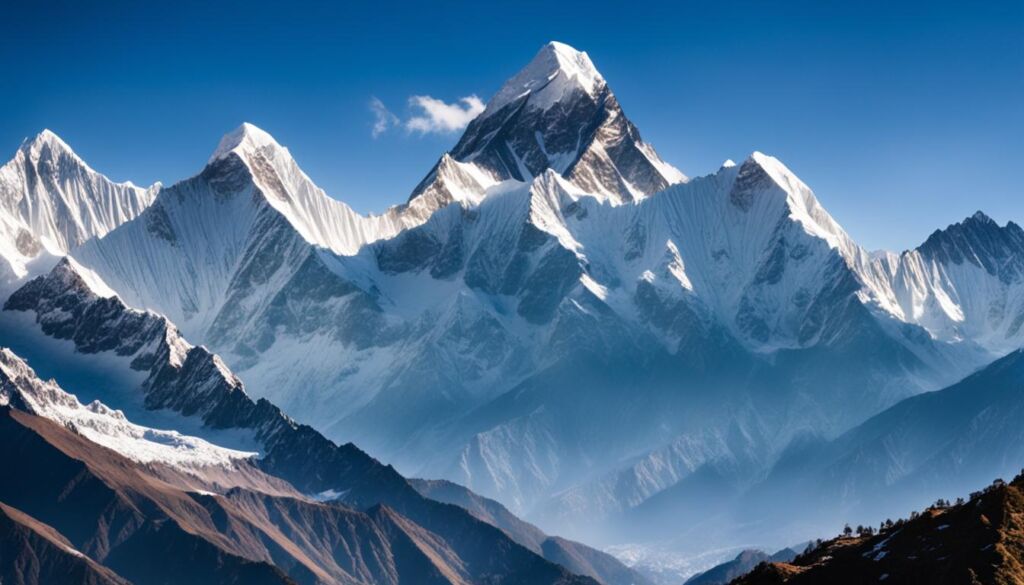
The Himalayas create a breathtaking scene between Nepal and China. They are marked by the famous Sino-Nepal Friendship Bridge. This bridge is a sign of unity in the midst of these great mountains.
The Extreme Altitudes of the Border
The border between China and Nepal is 1,389 kilometers long. It runs through the Himalayas and includes Mount Everest, the world’s highest peak. Mount Everest is at 8,848.86 meters in height. It’s a natural and important landmark.
Taxa like K-2, at 8,611 meters, and Mt. Kanchenjunga, at 8,586 meters, also mark this border. In the west, the Korala crossing opened new paths for people in 2023.
The Scenic Friendship Highway
The Friendship Highway is a scenic road that connects Lhasa in Tibet to Kodari in Nepal. Since 1968, it has been an important route. The Zhangmu-Kodari border crossing is key point on this highway.
The Sino-Nepal Friendship Bridge is an important spot on this road. It shows the strong bond between these two countries. The “Sino-Nepalese Treaty of Peace and Friendship” was signed on 28 April 1960.
| Year | Event |
|---|---|
| 1956 | Agreement on Maintaining Friendly Relations between China and Nepal signed |
| 1960 | Sino-Nepalese Treaty of Peace and Friendship signed |
| 2012 | Opening of six official border entry ports agreed upon |
| 1968 | Zhangmu-Kodari border crossing operational |
| 2014 | Opening of Rasuwa (Rasuwagadhi) Fort border crossing for commerce |
| 2017 | Rasuwa Fort crossing opened for foreign nationals |
| 2022 | Report of Chinese encroachment along the border |
| 2023 | Korala border crossing officially started operations |
Microstate within Italy: San Marino/Italy Border
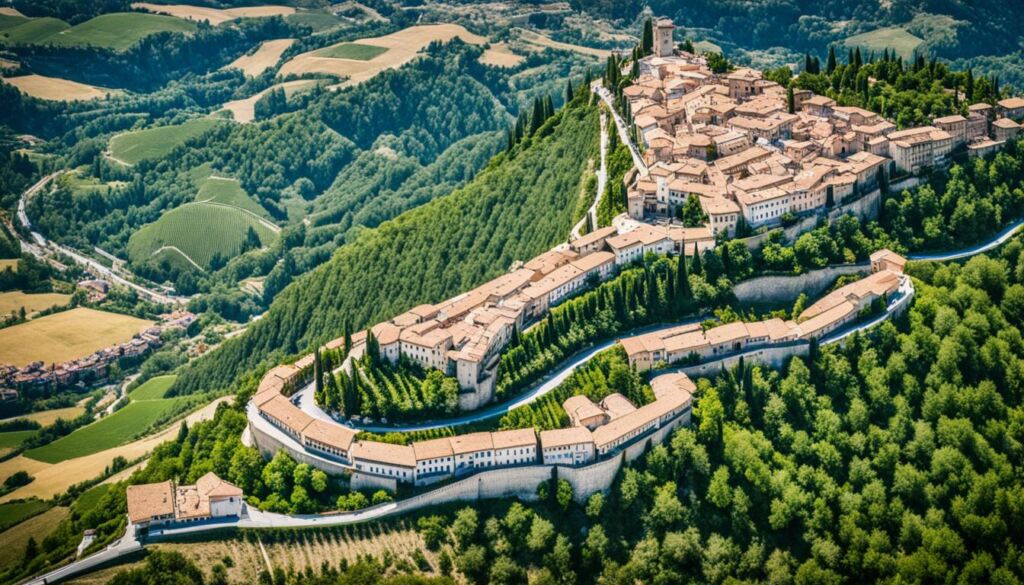
San Marino is a small place in Italy where people live independently. It’s like a small island of itself in Italy. This area is very tiny, just 61 km², and not many people live here, around 35,436. It shows us that a tiny country can be its own boss and still be great friends with its big neighbor.
San Marino’s story is very old, starting back in 301 CE. This makes it one of the oldest countries that still exist today. It stays on its own because it’s smart and can adjust to changes easily. A special thing is its border with Italy, which is not really seen. This makes travel and trading easier because of an agreement called Schengen.
The economy in San Marino is set up to work well for its small size. It has very low taxes and lets people invest money easily from other countries. This helps the country even though it doesn’t have a lot of its own resources. Businesses like banks, factories, shops, and things for tourists are very important here. This makes the country’s money situation good and dependable.
Other small places in Europe like Monaco and Vatican City also show us small places can do big things. Monaco is a bit bigger than San Marino and has a lot of the same type of people. Vatican City is the smallest and has a very special role because it’s where the Pope lives. These tiny countries, including San Marino, show us interesting ways to be important, thanks to their history and how they do business today.
In short, the area between San Marino and Italy shows how two places can work well together. Even though San Marino is small and old, it’s still very active with other countries in Europe.
Borders You Won’t Believe: Lesotho and South Africa
Lesotho is a landlocked country completely surrounded by South Africa. This makes for unique cultural trade and interesting border situations. Lesotho is surrounded by mountains and shares a special bond with South Africa.
The Surrounded Nature of Lesotho
Lesotho is inside South Africa. It is one of the few countries like this in the world. People from Lesotho often go to South Africa for work and school. This was especially true from the late 1800s until the 1990s. During this time, about half of Lesotho’s working-age people often worked in South Africa. Today, this is still common, but more women work in houses and farms now.
Migrants from Lesotho often choose the Free State Province. The language and culture are similar, making life there easier. Even with some issues, many people from Lesotho find life easier by crossing the border into South Africa. For them, it’s a way to feel at home and be a part of society.
Natural Beauty and Cultural Richness
Lesotho’s borders are not just lines on a map. They are doors to beautiful nature and culture. The mountains have amazing views like waterfalls and high peaks. This has earned Lesotho the nickname “Kingdom in the Sky.” Good planning between the two countries helps them grow in a way that helps everyone.
But not all is bright. Crimes like stealing animals hurt the local economy and the community. Since 1990, 85% of these crimes happened in villages near the border. This has made life hard for many. Some had to leave their homes to find work somewhere else.
| Statistic | Data |
|---|---|
| Working-age population employed in South Africa (late 1800s – 1990s) | Up to 50% |
| Top source countries for SA residence permits (2013) | Lesotho among top ten |
| Stock theft incidents in border villages since 1990 | 85% |
| Household economies affected by stock theft | 90% |
Lesotho and South Africa share a close and important connection. The borders, while noticeable and complex, show a story of shared opportunities and problems. This unique relationship highlights a tale of cultures and needs in action.
Conclusion
Borders mark where one country ends and another starts. They show us the world’s diversity, from Nepal’s highlands to San Marino. Each border is a mix of different cultures, shared work, and nature. Every border shares a story of its past, its land, and the people who live there.
Some borders, like Penon de Velez de la Gomera or Slovakia’s shared point, are unique. They show how people find ways to live near each other, despite lines on a map. Issues like U.S. border abuse tell us we need strong rules and teamwork to make borders kind and fair, not harmful.
Studying border safety, like in West Africa, helps us get better. We should use what we learn to watch over borders more and be open about it. Giving money to those living near borders can make things safer and fairer for everyone. Borders are key parts of how we connect and move in our world. They remind us we must respect each other’s space and ways.



